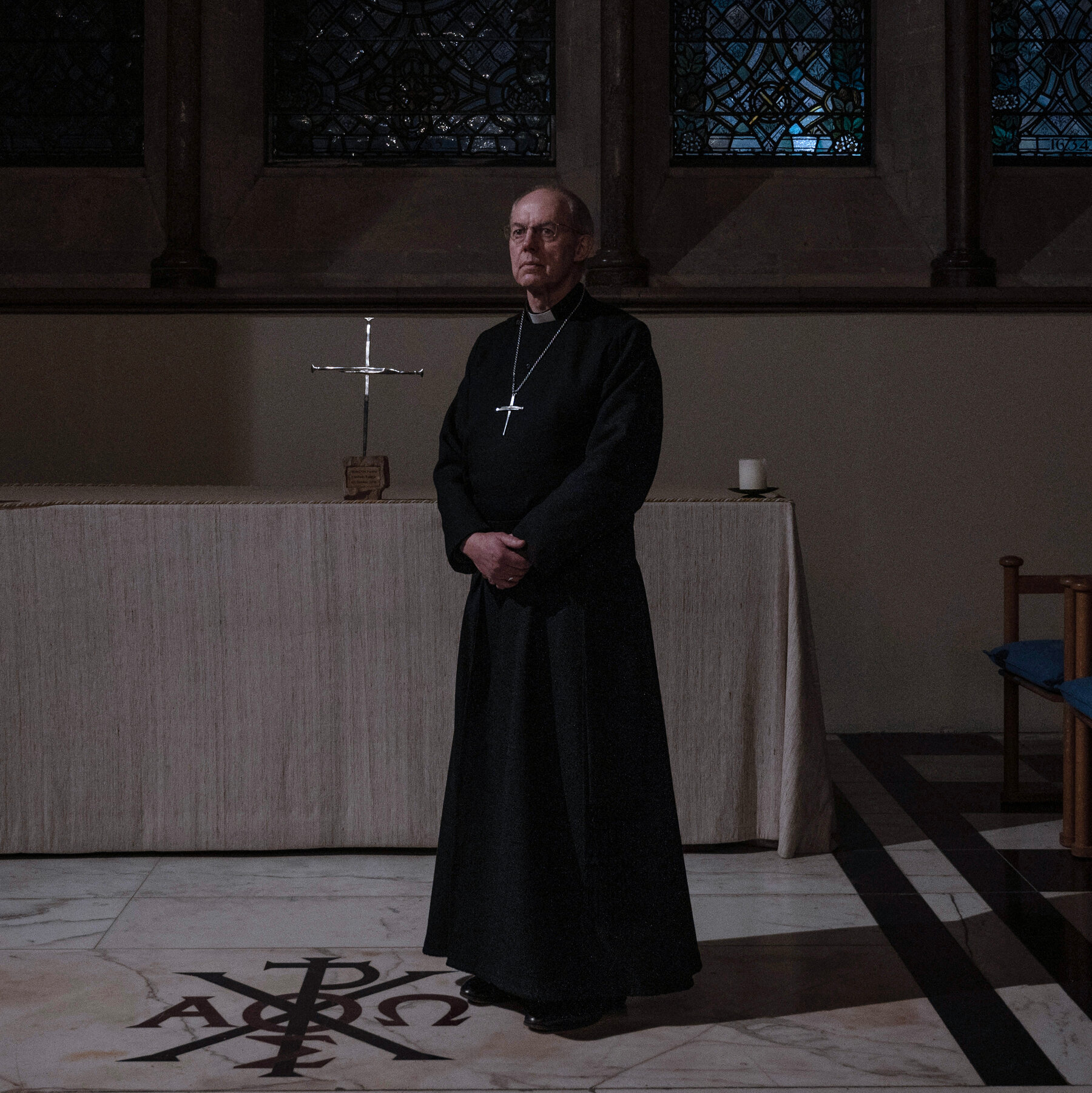
The Anglican Church Faces a Reckoning: Archbishop Justin Welby’s Resignation and the Path Forward
The Anglican Church has been rocked by a scandal that led to the resignation of Justin Welby, the Archbishop of Canterbury and spiritual leader of over 85 million Anglicans worldwide. Welby’s departure comes in the wake of a damning report that revealed his failure to adequately address abuse allegations within the church, prompting deep introspection within the Anglican community about its leadership and accountability.
The report’s findings highlight a profound betrayal of trust within the church, alleging that under Welby’s leadership, allegations were mishandled, allowing perpetrators to avoid accountability. This revelation has stirred widespread disappointment among Anglicans, who expect their leaders to uphold the highest standards of moral conduct and safeguard their congregants, especially the most vulnerable.
However, the resignation of the Archbishop represents more than an individual lapse in judgment; it points to systemic issues within the church’s structure that have allowed abuse and misconduct to persist in silence. The hierarchy and deeply rooted traditions have created a culture where abuse has, at times, been left unaddressed, causing harm to victims and shaking the faith of many in the church’s leadership.
The Need for Structural Reform and a New Vision for Leadership
To rebuild trust and uphold its values, the Anglican Church must pursue meaningful reforms, ensuring that its policies prioritize accountability and victim-centered justice. The appointment of a new Archbishop will be a critical step forward. The church’s next leader must embody integrity and commitment to transparency, championing comprehensive reforms to restore faith in the church’s dedication to protecting its members and confronting abuse.
A Call for Community-Wide Commitment to Renewal
Beyond leadership, every member of the Anglican community—clergy and congregants alike—must participate in this process of healing and transformation. This means supporting survivors, holding leaders accountable, and fostering a culture of openness and restorative justice.
The road to recovery is challenging, yet essential, for the Anglican Church to emerge as a resilient institution dedicated to love, justice, and moral integrity. By collectively embracing this path, the Anglican communion can rebuild trust and become a more transparent and accountable force for good in the world.
Originally published on The New York Times.

